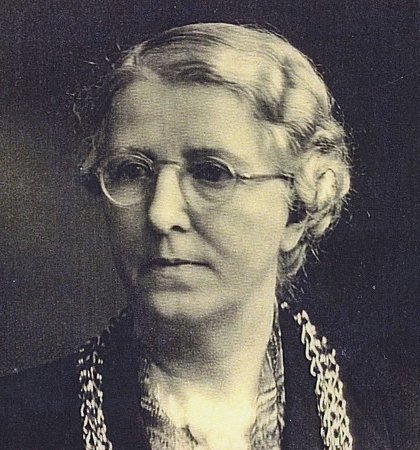IRISH independence hero Roger Casement “knew very little about Ireland” and “made a fool of himself” in his dealings with Germany.
That is according to Kathleen Clarke, the widow of Tom Clarke who was executed for his part in the Easter Rising.
Mrs Clarke's strong opinions on Mr Casement have been revealed as part of a series of interviews with those who witnessed the Rising.
The recorded interviews were carried out between 1963 and 1973 by Derry man Father Louis O'Kane, who wanted a first-hand account of the pivotal moment in Ireland's history to be on record permanently.
Mrs Clarke’s 1968 interview reveals her strong opinions on Mr Casement, who spend much of his life living in Britain.
“He was never a member of the executive,” Mrs Clarke told Fr O’Kane.
“He became a member of the executive through [Bulmer] Hobson’s influence, who was secretary and he knew very little about Ireland, because most of his life was spent in working for England
“They knighted him for his work and they paid him for his work and they gave him a pension of six hundred a year, so that they must have been satisfied with the work that he did for them. And what could he know of Ireland, when he was all the time out of it.”
Roger Casement was born in Dublin to an Anglo-Irish family and spent most of his childhood in England until the age of 13 when he moved to Ballymena, Co. Antrim.
Three years later, at the age of 16, he returned to England to look for work. He joined the Irish revolutionary movement a decade before the Easter Rising.
He ventured to Germany ahead of the Rising, to attempt to gain the support of the 2,000 Irishmen who were incarcerated as prisoners of war – an ultimately failed venture.
Mrs Clarke said of this move: “He went off to Germany and started things that the revolutionary group here didn’t want.”
Mr Casement spent most of his life working as a diplomat for Britain and had his knighthood stripped from him before he was hanged at Pentonville Prison on London on August 3, 1916 for his part in the Rising.
The Fr O'Kane interviews were carried out over the space of 10 years, with people who were involved in or witnessed Ireland’s fight for independence in 1916.
Mrs Clarke’s interview also reveals her reluctance to return to Ireland from the US, amid fears of losing her husband.
“The only thing was that we ever differed on was, when he discovered that war between Germany and England for commercial supremacy was bound to come within ten years, he wanted to come home to prepare the country, to take advantage of that opportunity to strike a blow for freedom,” she revealed.
“And I wouldn’t agree to come, I said no. I said you’ve done enough for your country, as much as any man could be expected. And I wouldn’t agree to come.”
Eventually, Mrs Clarke decided to stick by her husband’s side and move back to Ireland, settling in Dublin and opening a tobacco shop.
After Tom Clarke’s execution at Kilmainham Gaol on May 3, 1916, alongside Patrick Pearse and Thomas MacDonagh, Mrs Clarke became a prominent republican in her own right.
She had already been a founding member of Cumann na mBan, an Irish republican women’s organisation, and went on to become a TD in the Government and a senator.
She was also the first female Lord Mayor of Dublin from 1939 to 1941.
On September 29, 1972, Kathleen Clarke died, some 56 years after her husband’s execution.


